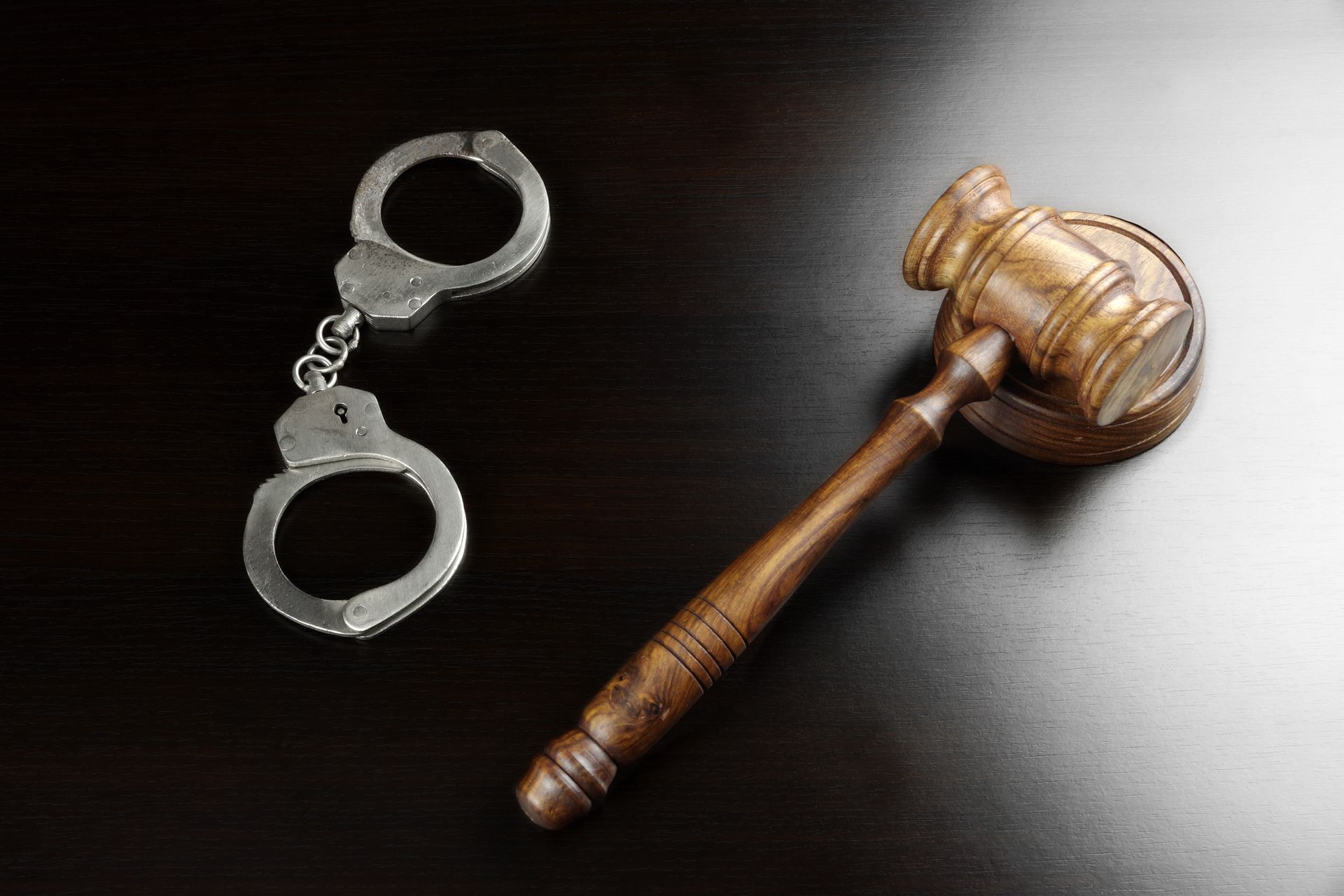DWI Law: What’s the Legal Alcohol Limit in Texas?
f you’ve been drinking, it’s never a good idea to get behind the wheel. In 2017, 1,468 people were killed in crashes involving a drunk driver in Texas. Everybody has a different alcohol tolerance, and factors like how much you’ve eaten can affect how it hits you. Once your blood alcohol level reaches a certain point, you’re considered too impaired to drive or operate machinery. This can be determined by several elements – some of which might surprise you.
Keep reading to find out the legal alcohol limit and other conditions that can lead to a DWI arrest.
Know the Laws
If you have a blood alcohol concentration (BAC) of .08% or higher, Texas state law prohibits you from driving. Factors like your height, gender, and weight can affect how quickly your BAC rises after drinking. The number of drinks you have and their strength also play a role.
Intoxication doesn’t only refer to alcohol; you can be impaired by other drugs regardless of your blood-alcohol content. If you’re a passenger, you can also be fined up to $500 if there’s an open container in the vehicle.
Before driving in Texas, there are a few things to keep in mind. “Operating” refers to any type of functioning while using a vehicle here. You could be charged with driving while intoxicated (DWI) even if you’re not actually driving.
If you are under the legal drinking age of 21, you will be automatically prosecuted if any alcohol is detected in your system while driving. This policy has a zero-tolerance attitude towards anyone breaking this rule, regardless of their Blood Alcohol Content.
Legal Alcohol Limit Isn’t the Only Factor
You can still be charged with driving while intoxicated (DWI) in Texas even if your blood alcohol concentration (BAC) is below .08%. This is because the level of intoxication is at the discretion of the police officer.
For example, you may test below the legal limit, but show other signs of intoxication due to drugs, alcohol, or any other substance. According to Texas state law, this would be enough for you to be charged with a DWI.
In most cases, a DWI arrest is based on your blood alcohol content (BAC), as opposed to other impairment factors.
If you choose to drive while impaired, you not only endanger your life but also the lives of others on the road. Further penalties are in place if you have children under the age of 15 as passengers. Child endangerment charges can result in a fine of $10,000 and up to two years imprisonment. In addition, your driver’s license could be suspended for up to 180 days.
What if You Refuse a Breath Test?
If you are pulled over by the police, they may ask you to take a breathalyzer or blood test in order to determine your BAC. If you are detained on suspicion of driving while intoxicated in Texas, the law stipulates that you must agree to a breath or blood test. If you refuse, there will be consequences.
If this is your first DUI offense, you can anticipate that your license will be suspended for 180 days. If it is not your first offense but rather your second or third, then your license could possibly be suspended for up to two years. The number of offenses multiplies based on whether you have previous convictions, refused blood alcohol tests, and failed BAC test results.
Any offenses within the past ten years would count as an offense. However, it’s always a good idea to avoid driving no matter what your blood alcohol content (BAC) is. One offense can stay on your record for an extended period. Conviction of a DWI in Texas results in varied penalties that are contingent on other past convictions and the unique circumstances of your case.
What Are the Penalties?
For your first offense, you could end up spending anywhere from 72 hours to 6 months in jail. If your blood alcohol content (BAC) is .15% or higher, that number jumps to 12 months! Not to mention, you’ll probably be facing some hefty fines as well.
The fines for a first offense are up to $2,000. If your BAC is .15% or more, you can expect up to $4,000 in fines. But the penalties become worse with each subsequent offense.
For a second offense, you could face between 30 days or up to one year in prison. If this is your third offense then it is between two and ten years in prison. Fines also increase substantially for each additional offense, maxing out at $10,000 for a third offense
Not only will you have your license suspended, but this can also affect many other aspects of your life such as getting to and from work. If this is your first offense, you could lose your license for a duration of anywhere between 90 days to 12 months. However, if this is your second or third offense, the length of time you could lose your license increases significantly to up to two years.
What Is an IID?
Lastly, you might be required to have an Ignition Interlock Device (IID) placed in your car. This device is a breath tester that is connected to your car’s ignition system and prevents individuals with alcohol in their system from starting the vehicle. If your breath test comes back alcohol-free, then you will be able to start your car as normal.
An IID may be required in your car after your first offense if you obtain a restricted license. With this type of license, driving is allowed but only to certain places. For example, if not having a license would make it hard to get to work or school, you might be able to drive with strict rules.
If it is your second or third offense, you could be required to have an IID in your car for as long as two years. The specific requirements for having an IID will depend on your case.
The installation of an IID can cost you between $50-$150 and the constant maintenance plus lease is within that range as well. To get it removed again will cost another $50 to $150.
Are You Facing Charges?
If you’re caught driving with a blood alcohol level above the legal limit in Texas, you could be charged with a serious, life-changing crime. No one wants to make a mistake like driving under the influence of drugs or alcohol, but if you already find yourself in this situation then you need professionals to help guide you through the process. Give Edward Law Group a call today to speak with one of our expert DWI attorneys!












